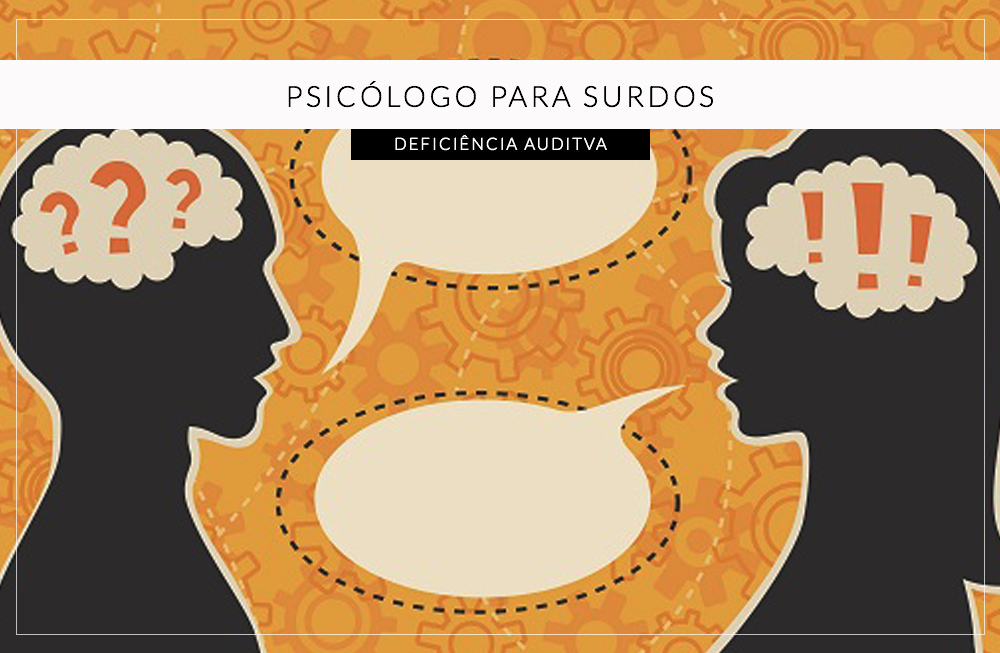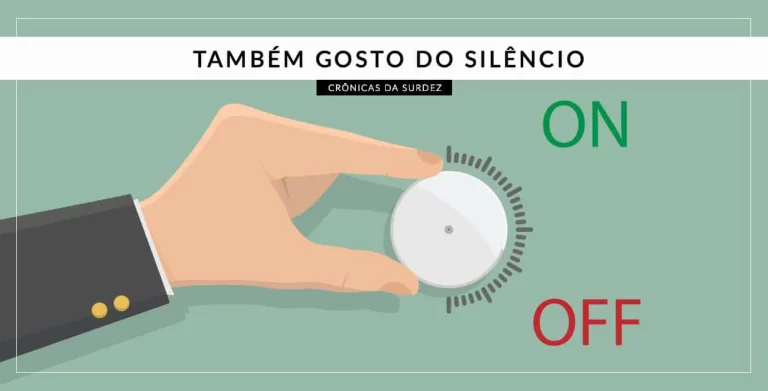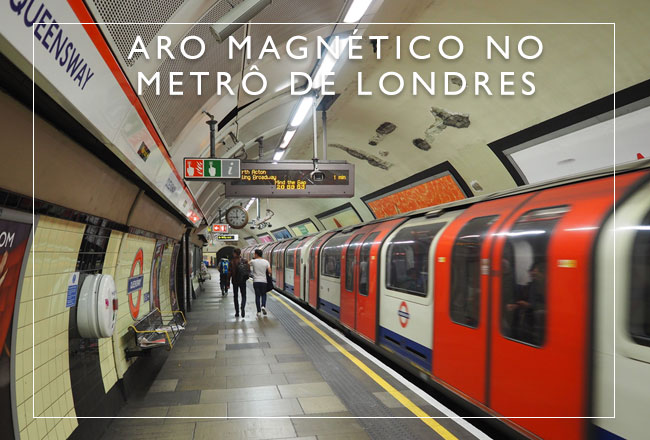Psychological care for the deaf
I think that the importance of a psychologist in the life of a person with hearing loss is invaluable – so much so that in my second book,‘New Chronicles of Deafness: epiphanies of the cochlear implant‘, there is a chapter dedicated to this topic written by a psychologist.
When I joined the
Sonora Team
as a Patient Advisor, I realized how fundamental psychological care is. It helps us to understand the nuances of our deafness in a very profound way and gives us tools to cope with the situation – which we know can be heavy and difficult!
With this in mind, I invited a psychologist from
Sonora Team
to write a post. Mariana Lauria has decades of experience with deaf patients and even provides services in LIBRAS.
Psychological care for the deaf
‘Through my experience of providing psychological care to the hearing impaired over the years, observing the suffering of some of them and the difficulties they face in a world that is still changing, I realized that there is a big difference between acceptance and approval.
Regardless of the path chosen, or the possible path, be it through exclusive Oral Language, LIBRAS or Bilingualism, I have observed that the search for global development begins with more focus on cognitive aspects than emotional ones, which is natural in a society focused on productivity.
As a result, the big question for families in the early years of treatment and monitoring of hearing loss is how to acquire reading and writing skills, how to learn at school and, in the future, how to enter the job market.
Thinking about today’s immense technological possibilities, which favor the development of communication in general, we come to the conclusion that there is a greater likelihood today of coming across good prognoses, taking the cognitive sphere as a parameter.
But that’s not all. It’s not enough. Because we are beings endowed with a spectacular potential for thought and logical reasoning, but we are also endowed with a stellar affective potential, which keeps us alive, keeps us connected to the other people around us, mainly through communication.
Communic- ation
It’s not about pretending to understand what the other person is saying so that they think you accept it, because if you pretend, you don’t accept it. It’s not about starting a sentence by looking at each other in the eye and ending it by turning the corner, because if your interlocutor is hearing impaired they need to be looking at you all the time. It’s not underestimating the need of non-listeners like yourself to have access to more than half of the information available. If that doesn’t happen, communication doesn’t happen.
In the process of acquiring language, subjects use cognition, but when they put it into practice, it is useless if there is no other. Action is cognitive and also socio-affective, in other words, emotional. What we see in many families is a great concern with the development of skills, but not necessarily with how the hearing impaired person is feeling.
It’s not uncommon to find teenagers and young people seeking social approval at all costs, often not using hearing aids or cochlear implants, or even LIBRAS, so that their disability doesn’t show. Over the years, they become accustomed to not feeling valued and accepted as they are, which can have serious consequences for their self-esteem, affecting their self-confidence.
Although the demand for psychological treatment is very particular, many hearing-impaired people develop healthy emotional responses to various life situations. However, for those who find themselves facing internal dilemmas and conflicts, psychological intervention, at any age and in any circumstance, sheds light on the importance of each individual being understood when expressing their feelings, favoring their personal growth to the detriment of any suffering that may have been caused by others and/or felt by themselves.
Acceptance is independent of approval. There’s no proving it, there’s believing it. When we believe in these people’s ability to overcome the obstacles that stand in their way, it doesn’t matter how different they are, but how, in their own unique way, they will take part in the mosaic that we are all part of, called society.
- Mariana Lauria
- CRP 05/23633
- Specialization in Systemic Family Therapy from UFRJ, Lacanian psychoanalytic training from the ICP of EBP-Rio, and more than fifteen years of experience in assisting deaf people (oralized and signaled).
- Rio de Janeiro, RJ






